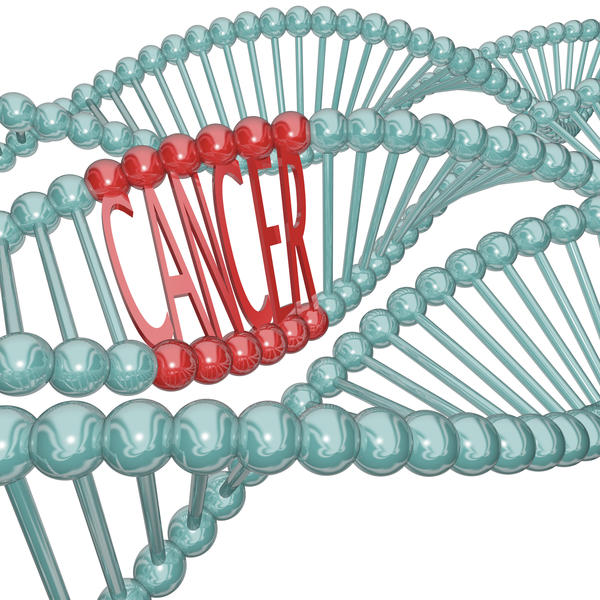Why does our immune system protect us so well against infection but not against cancer? In part, this is because cancer cells use clever ways to escape immune responses designed to destroy them. A therapeutic strategy called “immune checkpoint blockade” thwarts these escape tactics and renders cancer cells vulnerable to immune attack. Although remarkably effective, only a subset of patients respond to it. Seeking possible explanations for this limited response, Kim et al. identified a specific immune cell population that interferes with the therapy in mouse tumor models. When the authors coadministered drugs that reduced the levels of these cells (called myeloid-derived suppressor cells), the efficacy of immune checkpoint blockade therapy greatly improved….







